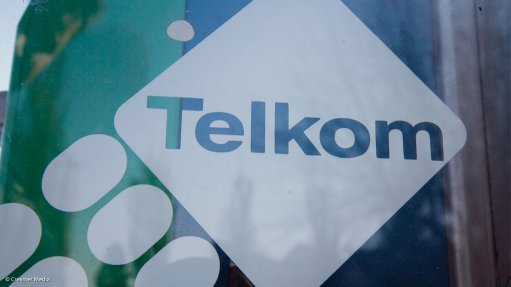
Photo by: Duane Daws
Telecommunications group Vodacom’s play for converged communications network operator Neotel could effectively enable South Africa’s largest fixed-line operator Telkom to regain its monopoly status.
Internet Solutions executive for cloud and communications Wayne Speechly told stakeholders on the second day of the Independent Communications Authority of South Africa’s (Icasa’s) hearings into the deal that it was a possibility that Neotel’s fixed-line telephone services would cease as Vodacom offloads its data services onto the newly acquired fibre.
This comes as Vodacom already noted that it was struggling to provide data services comparative to rapid demand growth.
The deal would see the mobile operator gain access to Neotel’s fibre assets, which included over 15 000 km of fibre-optic cable nationwide, including 8 000 km of metropolitan fibre in Johannesburg, Cape Town and Durban.
Scrapping the provision of Neotel’s fixed-line voice services would have a considerable and negative impact on competition in the industry, Speechly warned.
However, Vodacom believed that the synergies of the parties would enable the provision of a wider range of business services and much-needed consumer services, such as fibre-to-the-business and fibre-to-the-home – a space in which Vodacom currently only had an estimated 2% market share, despite attempts to build a fixed-line business.
With only 7% fixed broadband penetration, South Africa had “a lot of catching up to do” and the transaction would enable Vodacom to progress its fixed-broadband aims through its fixed enterprise business.
Despite these assurances from Vodacom on Thursday that it would maintain Neotel’s fixed-line services and provide a more effective, investment-backed competitor for Telkom, Speechly pointed out that Neotel’s fixed-line licences were technology neutral and did not compel the operator to continue providing fixed-line telephone services.
“This is particularly important if one considers that the original intention of Icasa issuing Neotel a licence was to eliminate Telkom’s monopoly,” he said.
While Neotel was set to remain a separate entity, Internet Solution cautioned that, under Vodacom’s umbrella, Neotel would be more inclined to “self-deal” rather than continue to competitively supply other independent firms, such as Internet Solutions, with wholesale services, including infrastructure or technological capacity.